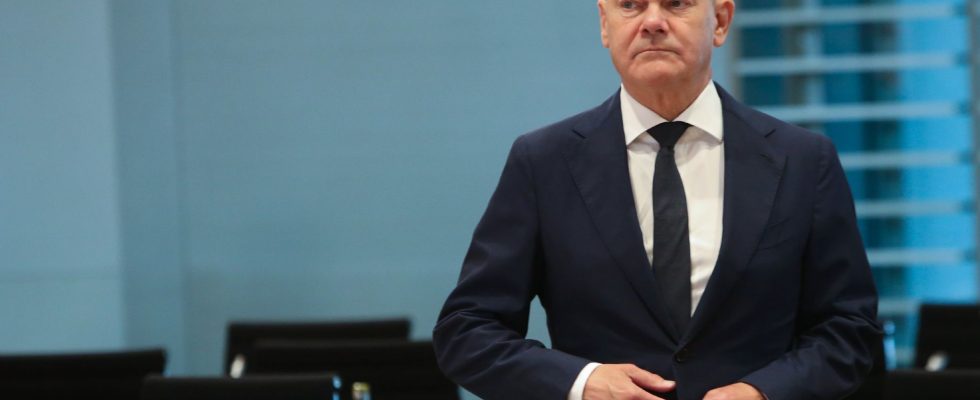It is a tense electoral campaign which is ending in the Länder of Bavaria and Hesse. “The political atmosphere is extremely nervous,” notes the German daily straight away. Bild. This Sunday, October 8, nearly a quarter of the German electorate in the country’s two major conservative regions is being called to the polls to renew their regional parliaments. Some 9.4 million voters are called to the polls in Bavaria, the largest German state by area, and around 4.3 million in Hesse, where Frankfurt, headquarters of the European Central Bank, is located. These elections are of vital importance for the current German Chancellor, Olaf Scholz, and for the parties competing in these two key regions. The result of the election could reshuffle the cards of certain coalitions and see the “Free Voters” party enter the Bundestag in 2025.
At mid-term, Olaf Scholz’s government risks being sanctioned in these elections where the population’s concern over the industrial crisis experienced by Europe’s largest economy and the resurgence of the migration issue played a role. central.
The favorite center-right opposition
In one of the latest polls published on Friday, it is the center-right opposition which is given the winner. In Bavaria, the Christian Social Union (CSU) of Minister-President Markus Söder is in the lead with 37% of voting intentions. Previous coalition of CSU and Free Voters should continue to govern, newspaper observes Spiegel based on recent polls. However, this would be its worst result in almost 70 years, and a little less than in 2018 (37.2%). Such a score would even risk burying Mark Söder’s presumed desire to become chancellor, observes the German press as a whole.
In Hesse, the center-right coalition should also win. The Christian Democratic Union (CDU) is credited with 32% of the votes, with a little-known head of the list at the national level: Boris Rhein. The race, however, looks closer for second place. The far-right party, the AfD, is neck and neck for second place with the Greens and the social democrats led by Federal Minister of the Interior Nancy Faeser, a heavyweight in the Scholz government but who makes the costs of the government’s unpopularity. In Bavaria, where the SPD is traditionally weak, the AfD hopes to find a place behind the CSU and its ally in the regional parliament, the small party of “Free Voters” (Freie Wähler). At the national level, the AFD, an openly anti-immigration party, which also criticizes climate protection measures, is at the highest in voting intentions (between 20 and 22%), behind the right (26-28%). . In addition, with a good result in Bavaria, free voters could consolidate their plan to enter the Bundestag in 2025, notes the Spiegel.
An electoral campaign against the Scholz coalition
The electoral campaign for the election of the two regional parliaments largely focused on criticism of the coalition in power since December 2021, led by Chancellor Olaf Scholz. It has been undermined by incessant quarrels between social democrats, greens and liberals of the FDP, giving the impression of not “being able to act” in the face of crises, analysis from Agence France Presse Ursula Münch, director from the Academy of Political Education in Tutzing, Bavaria.
Frictions have increased on everything from reducing budgetary spending to measures to combat global warming. “The Greens want to sponsor the entire country and constantly enact new bans and regulations,” Mark Söder, for example, declared in a interview at Spiegel last week, yet a full member of the coalition.
These two regional elections are of considerable importance for the coalition led by Chancellor Olaf Scholz. Their outcome will influence political dynamics at the national level and could also impact the stability of the government. The first estimates are expected around 6 p.m.
